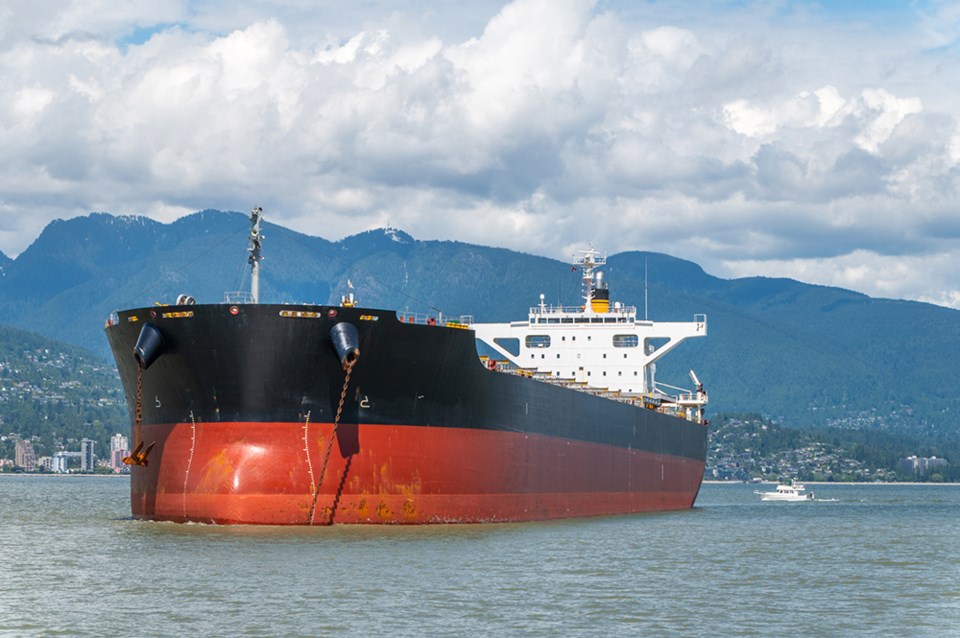Why has the world failed to tackle the climate crisis now upon us? When our children ask what we did about it, what can we say?
A free event at the Patricia Theatre on Saturday, February 24 (1:30 pm) will help answer both questions.
A PBS Frontline documentary, The Power of Big Oil, is based on hundreds of interviews and thousands of newly available documents. Part I of the three-part 2022 documentary miniseries, Denial, will be screened. It reveals that the granddaddy of oil corporations, Exxon, knew from its own world-class climate researchers about the link between carbon emissions and potentially devastating global warming as early as the 1970s.
While they initially explored renewable energy, by the 1990s, leading oil companies doubled down on fossil fuels, which account for more than 75 per cent of greenhouse gas emissions. Like Big Tobacco years earlier, they hid what they knew about their products’ deadliness.
They fought to protect their highly profitable business model against pro-climate legislation, quashing United States president Bill Clinton's proposed carbon tax and the international Kyoto accord in the 1990s.
Since then, Big Oil's strategy evolved from denying the problem to greatly exaggerating the uncertainty of the science, to promoting dubious solutions like LNG. Previewing the film, I was boggled by the range of its tactics, from intensive lobbying to phony "grassroots" groups and much else. I pondered how concentrated corporate power could distort democracy.
Equally fascinating were the differing responses of former oil-friendly politicians, industry-funded think tanks and researchers, now that disaster is unfolding. Some declined interviews, or rejected responsibility. Some felt betrayed by Exxon's retreat from climate solutions to climate denialism.
Still others, like former US Republican Party senator Chuck Hagel, expressed regret. Hagel helped kill Kyoto, but in the film, he now says "These large oil companies lied…. They had evidence in their own institutions that countered what they were saying publicly." Had Big Oil come clean, he and average Americans would have seen the issue differently, he says in the film. "Today, we'd have been so much further ahead."
While US-focused, Frontline's story has Canadian parallels, as journalist Geoff Dembicki exposes in The Petroleum Papers.
It’s a dismal outlook, but the Patricia won't leave us feeling helpless. The film is supplemented by a brief panel discussion, with Fiona Koza from West Coast Environmental Law (WCEL), and City of Powell River councillor Rob Southcott.
They can help connect these facts:
Big Oil's pollution and deceit have accelerated the climate crisis. Its costs are growing; the Insurance Bureau of Canada estimates that Canada must invest $5.3 billion annually to protect municipal infrastructure.
But Powell River's tax base is declining, and tax rates are increasing. In 2018, the city wrote to selected fossil fuel companies asking them to voluntarily pay their "fair share" of climate costs. The result? Zilch.
No wonder legal action against Big Oil is mushrooming. More than 40 US cities, counties, states and Indigenous communities have filed lawsuits – Honolulu, California, New Jersey, San Francisco, to name a few.
In BC, WCEL is bringing local governments together to launch their own class action lawsuit. In July 2023, a local delegation asked our city to join in and give legal force to the "fair share" request. A busy council has yet to vote.
Great film, great community conversation. Bring your neighbours.
Robert Hackett is a member of Westview Ratepayers' Society and the Council of Canadians qathet chapter.
Join the Peak's email list for the top headlines right in your inbox Monday to Friday.



